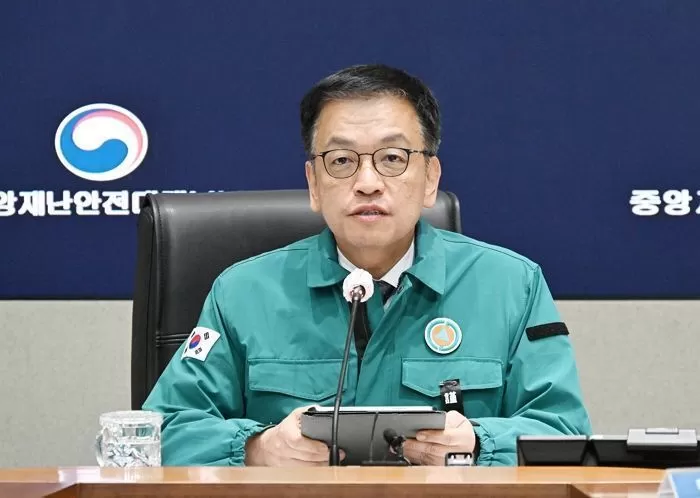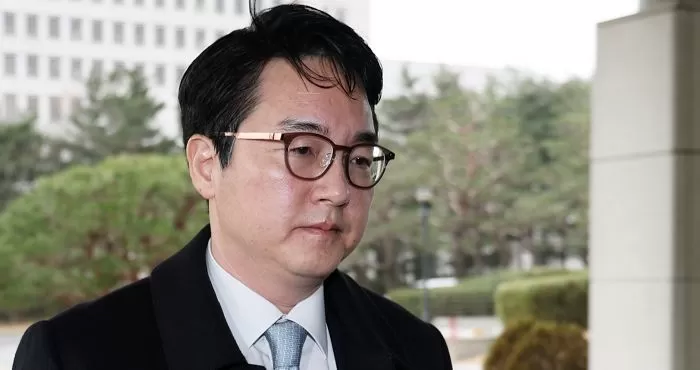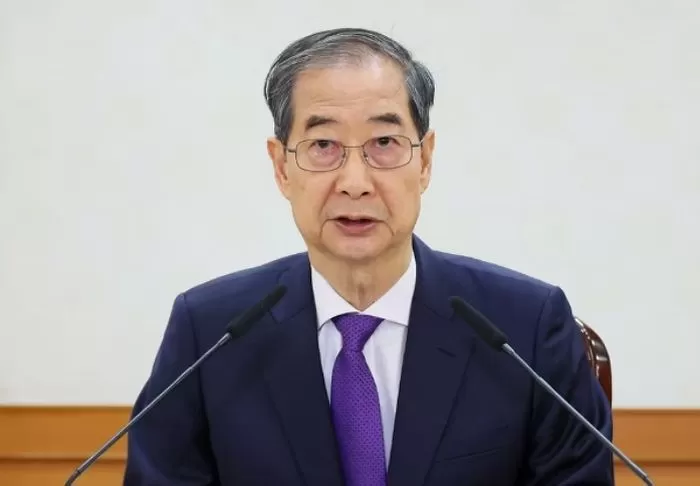
Prime Minister Han Duck-soo Also Resigns at Midnight… President's Authority Transitioning to Lee Joo-ho
On the night of the 1st, Deputy Prime Minister and Minister of Economy and Finance Choi Sang-mok abruptly announced his resignation right after his impeachment motion was presented at the National Assembly’s plenary session.
On that day, Han Duck-soo, acting President and Prime Minister, who expressed his intention to run for the presidential election, immediately approved Deputy Prime Minister Choi's resignation.
The Ministry of Economy and Finance stated, "Deputy Prime Minister Choi officially expressed his intention to resign at 22:28." Just over 20 minutes later, the ministry announced, "Deputy Prime Minister Choi's resignation has been accepted." The Prime Minister's Office also stated, "Prime Minister Han's resignation is scheduled to be accepted as of 00:00 on the 2nd," which means that as of midnight that day, the acting presidential duties would automatically transition to Lee Joo-ho, the Social Deputy Prime Minister and Minister of Education.
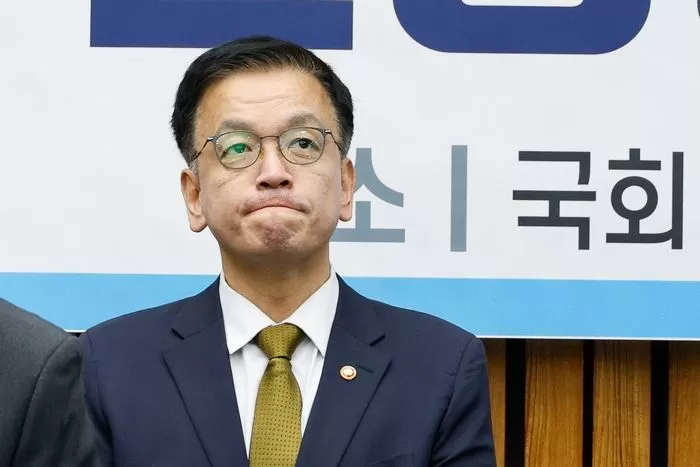
There are interpretations within and outside the political arena that this series of personnel decisions reflects an unprecedented impeachment political landscape and the flow of reshuffling within the ruling party following the general elections.
"I will resign before the impeachment," maintaining his position… The parliamentary vote is rendered void.
Initially, Deputy Prime Minister Choi had hinted to those around him that he would "resign voluntarily before the impeachment vote" as speculation arose that the impeachment motion led by the Democratic Party was likely to be presented in the National Assembly. Indeed, on the day the impeachment motion was presented, he formalized his resignation immediately after the plenary session, thus fulfilling that intention.
The impeachment motion against Deputy Prime Minister Choi began with a sole proposal by the Democratic Party on March 21. It was subsequently reported to the plenary session on April 2, after which it was referred to the Legislation and Judiciary Committee, where it was voted on that evening under the leadership of the Democratic Party.
The grounds for impeachment were that during the Moon Jae-in administration, despite receiving a ruling on a constitutional infringement involving Han Eun-hye, a candidate for the Constitutional Court, he failed to take appointment action as the acting president. The Democratic Party characterized this as "dereliction of duty that disregarded constitutional order," while the People Power Party refuted it as "a precedent for politically punishing political judgment."
"In a serious time, it is difficult to continue my duties"… The National Assembly declares automatic dismissal of the impeachment motion.
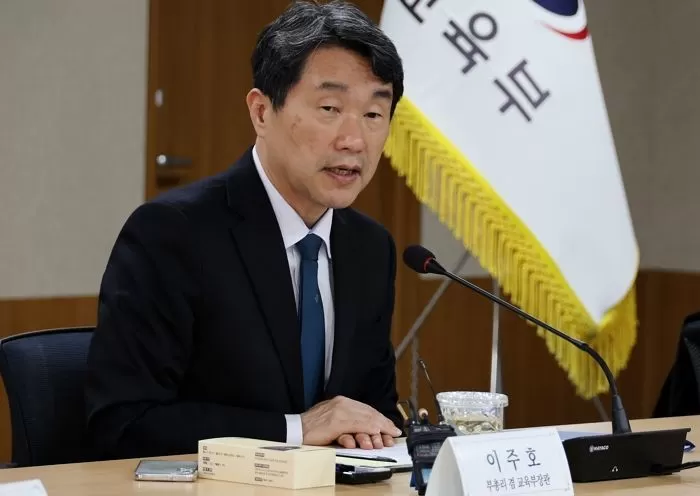
After the resignation process was completed, Deputy Prime Minister Choi expressed his position through the Ministry of Economy and Finance. He stated, "I am deeply sorry to the people for being unable to continue performing my duties in such a serious domestic and international economic situation."
Meanwhile, during the voting on the impeachment motion, the National Assembly was informed that "Deputy Prime Minister Choi Sang-mok's resignation had already been accepted" by the government side. Consequently, the National Assembly automatically dismissed the impeachment motion and officially declared that the vote had not been valid.
With both the Prime Minister and the Deputy Prime Minister resigning, concerns about a governance vacuum are likely to persist.
In the political arena, attention is focused on how stably the Lee Joo-ho administration can function amidst the ongoing replacements at the acting president position.
Image Source: News1, Lee Joo-ho, Social Deputy Prime Minister and Minister of Education / News1
